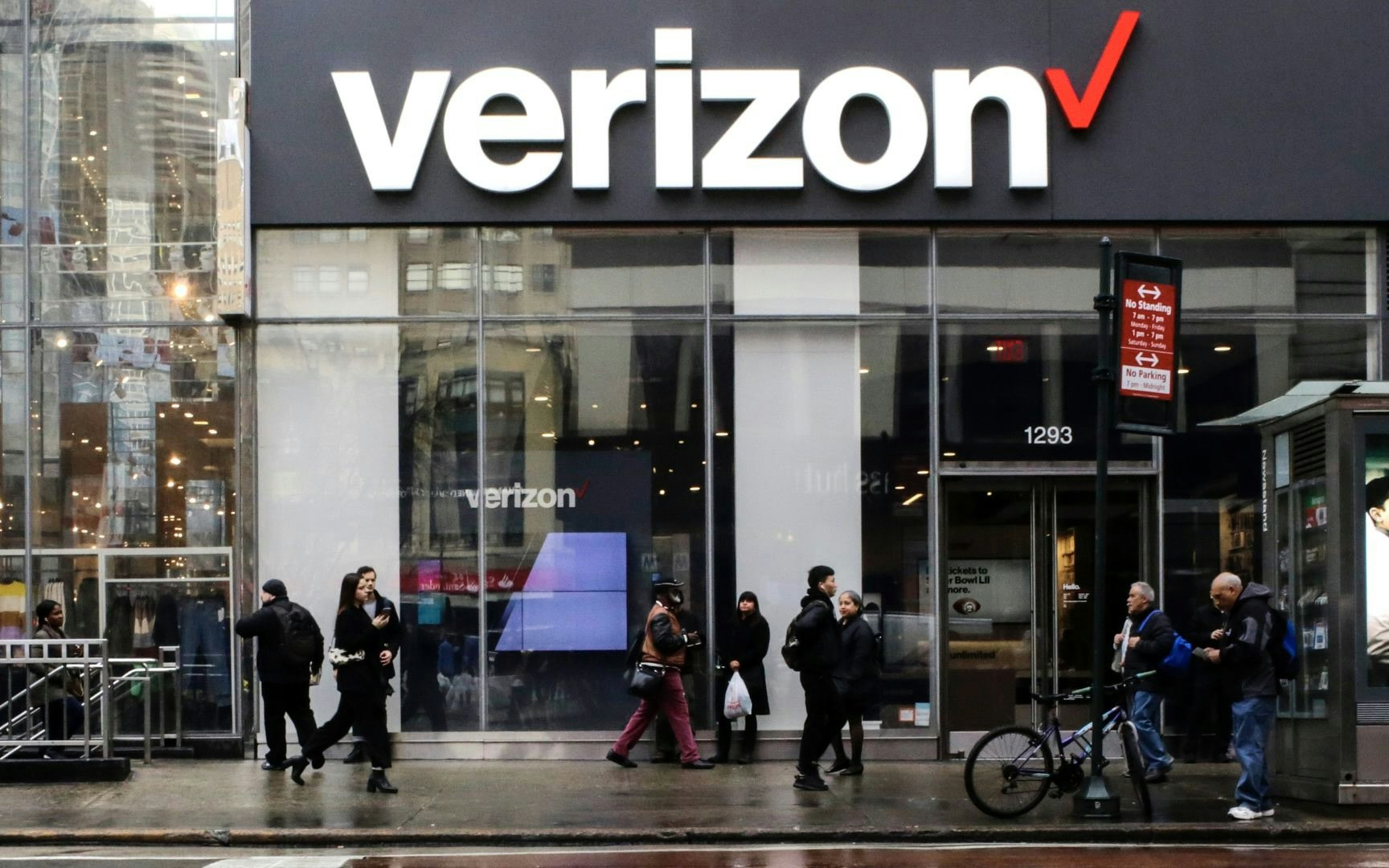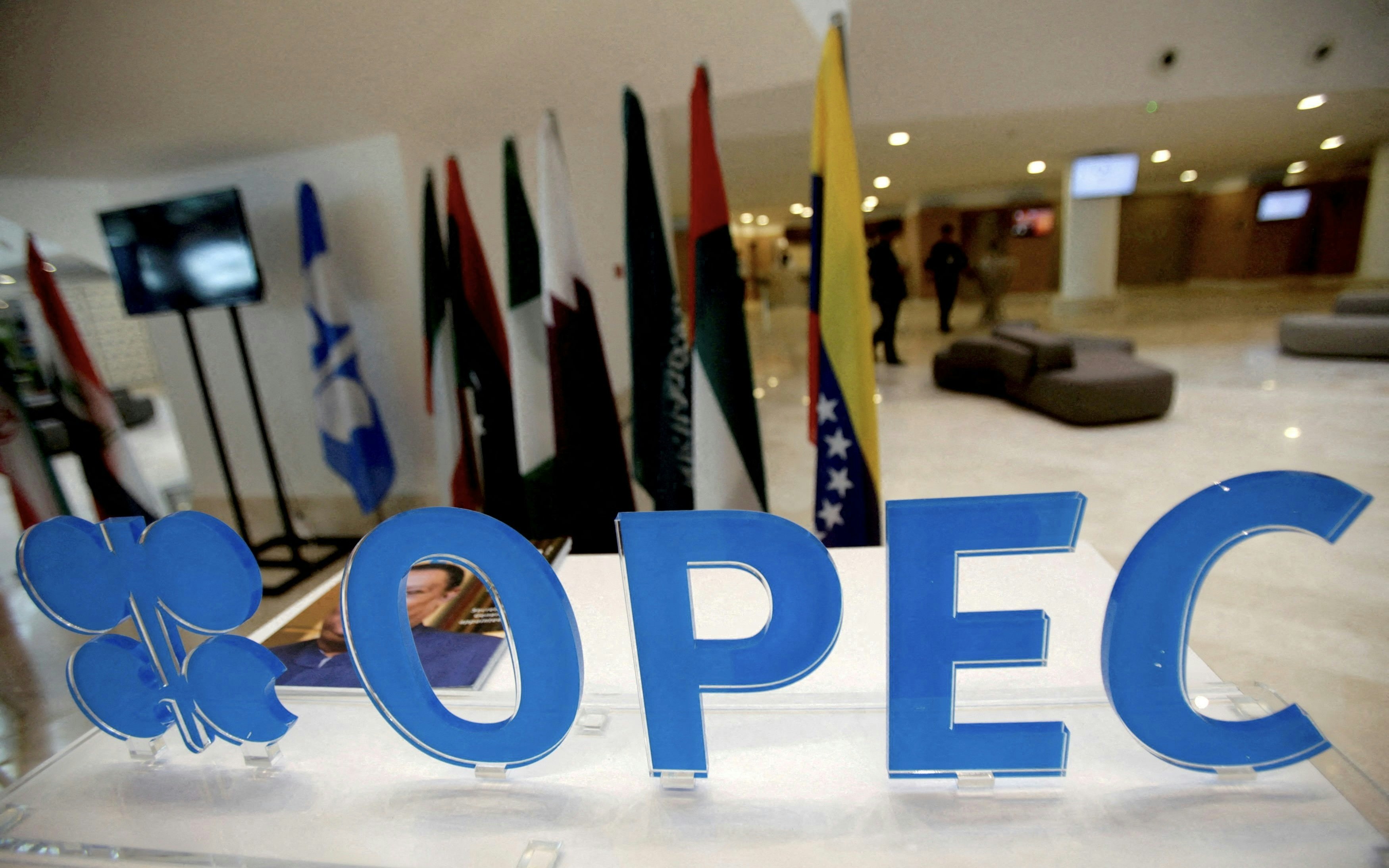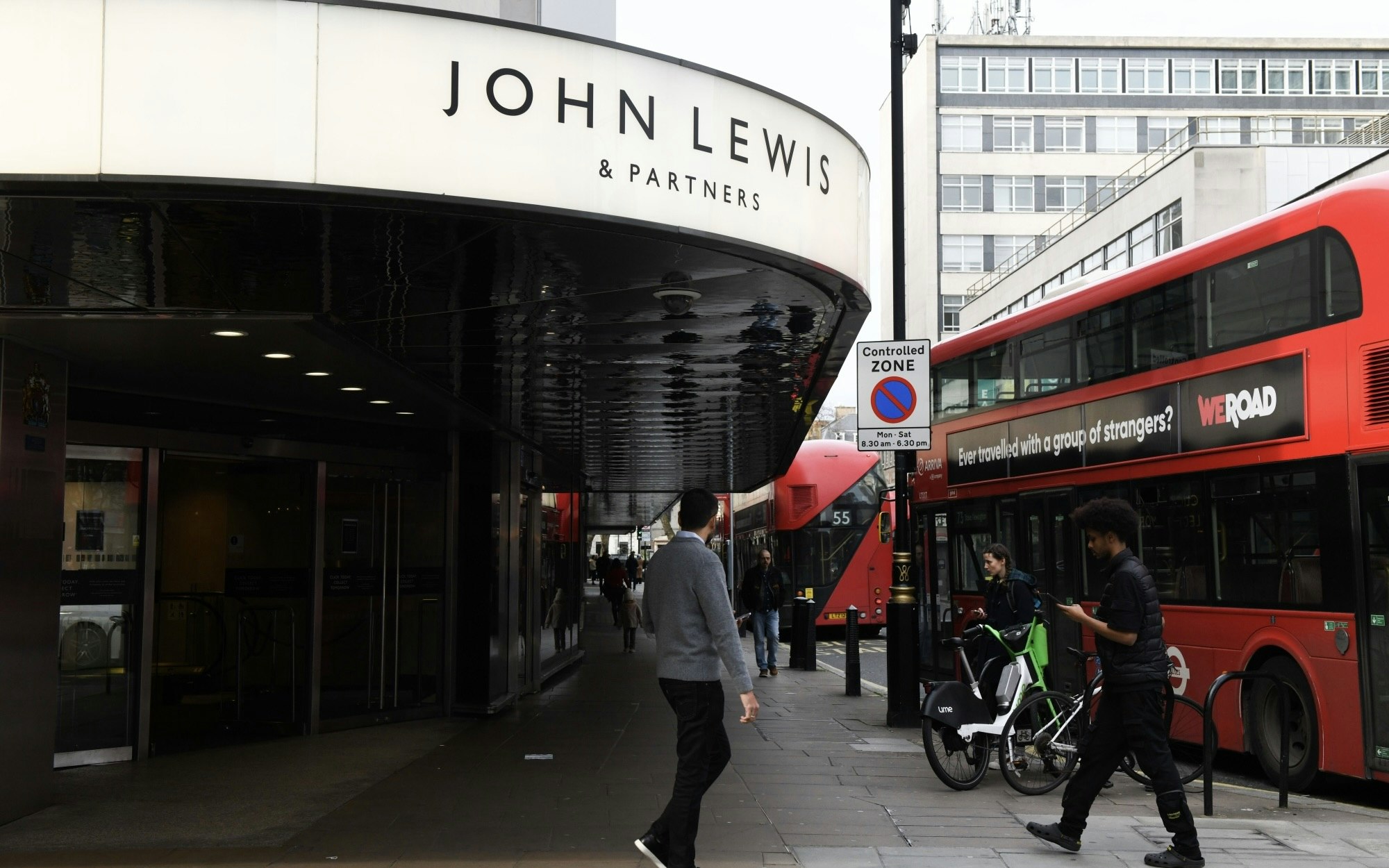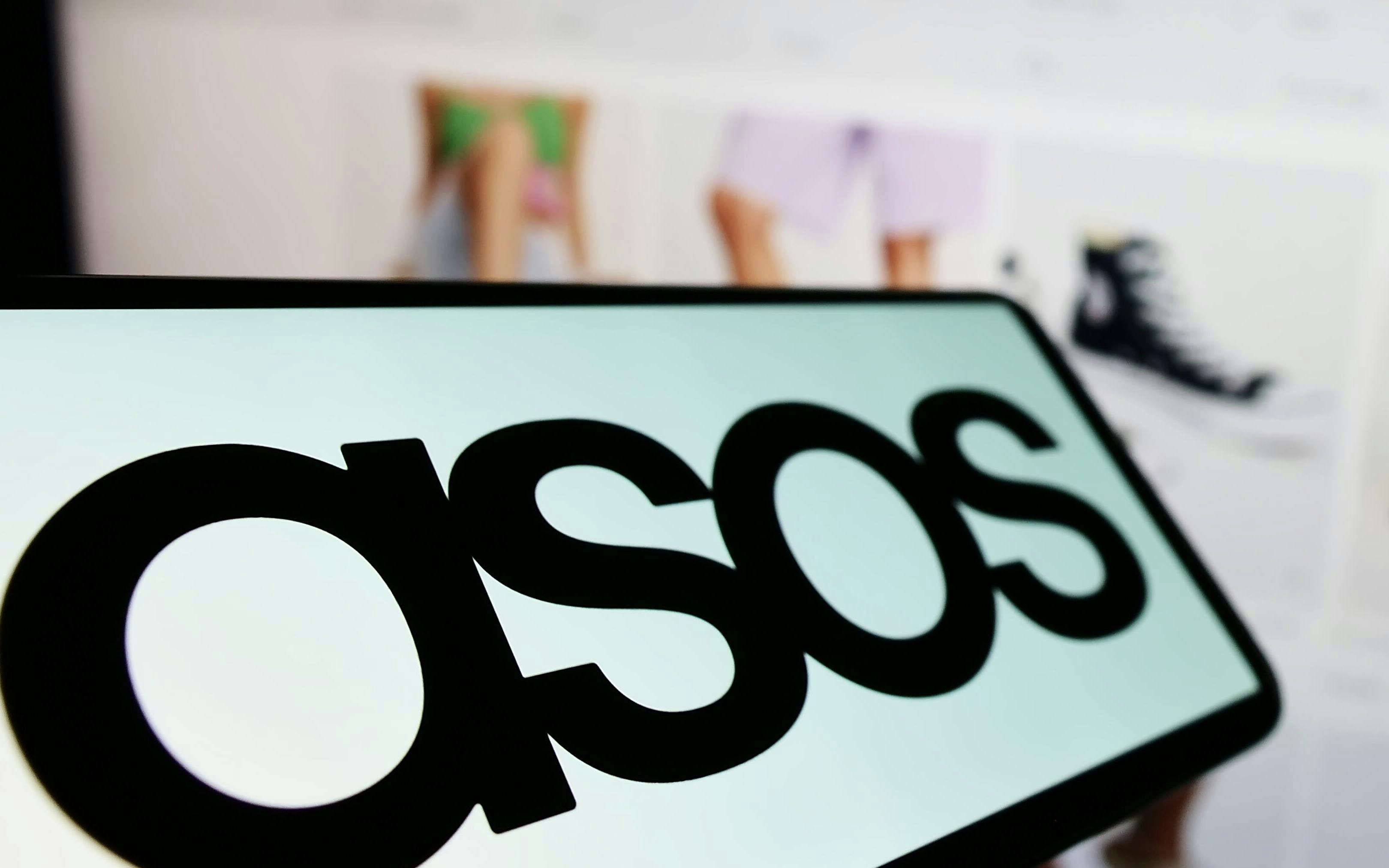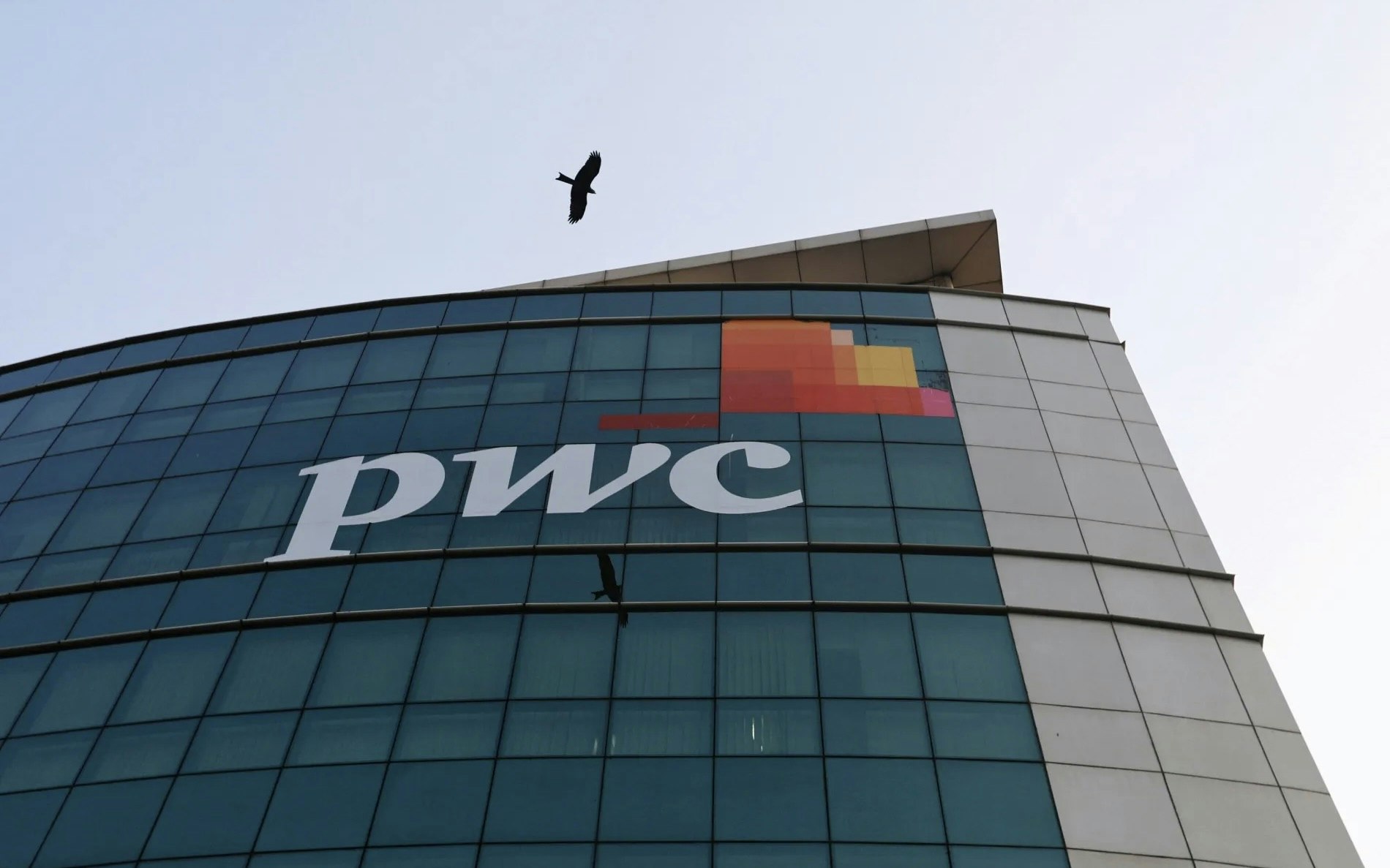Business
Veuve Clicquot Executive Focuses on New Opportunities to Drink Champagne
Jean-Marc Gallot's attempt to create more occasions for the consumption of champagne encounters traditional barriers.
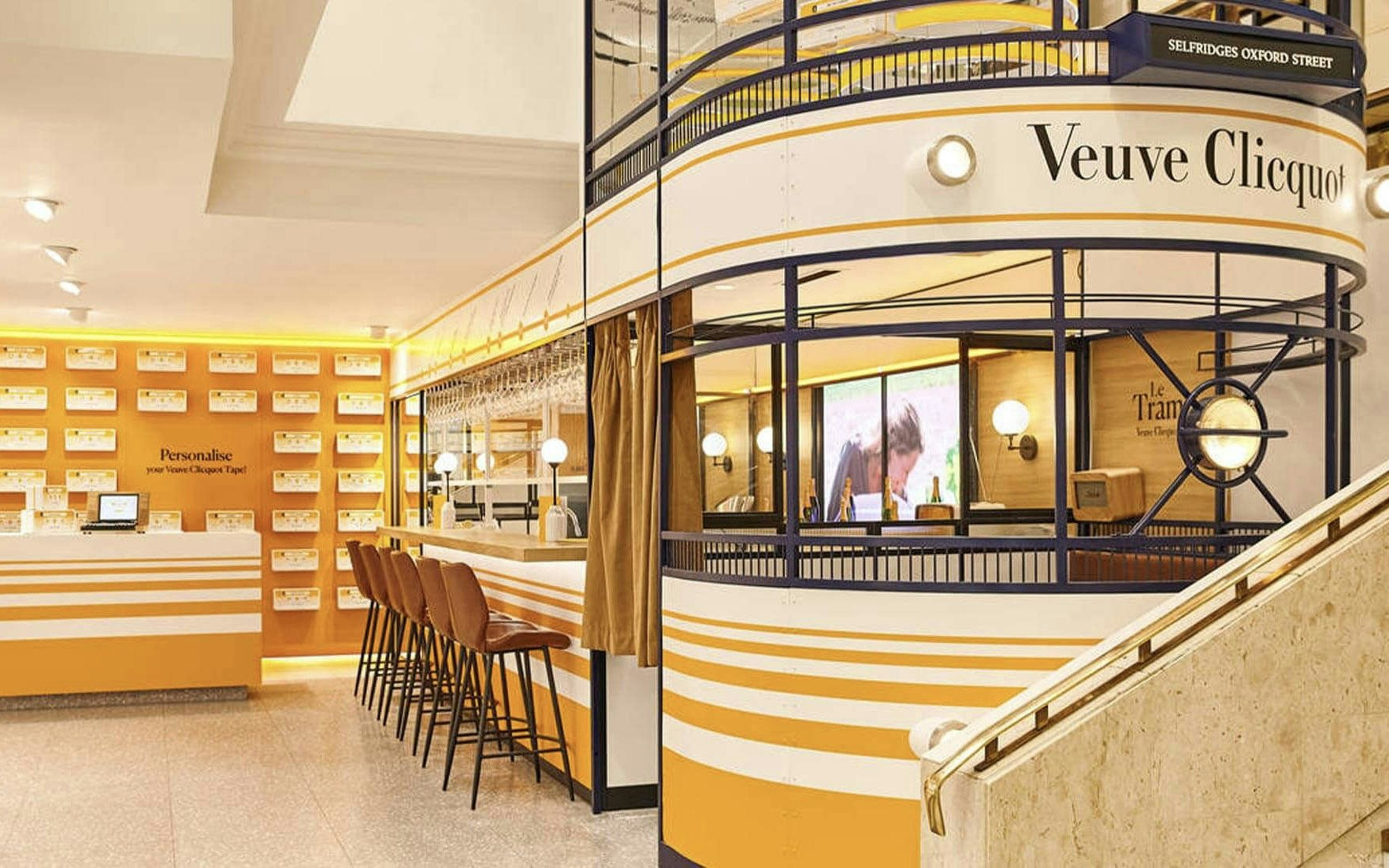
Jean-Marc Gallot, CEO of Veuve Clicquot, has been implementing a strategy for ten years to free champagne from traditional occasions and make it a drink for everyday moments. This approach ties back to an unconventional advertising campaign from the 1960s that paired champagne with a burger.
Veuve Clicquot, part of the LVMH luxury group, does not disclose exact figures regarding its brand performance, but it is considered one of the largest champagne houses worldwide and is "by far the largest champagne house in the USA," according to Gallot. To continue growing, Gallot aims to multiply the occasions when people drink champagne.
The future of champagne does not lie in being a drink for specific people and occasions," says Gallot. "A tremendous growth opportunity for us lies in North America, Asia, and Africa, among people who have so far only consumed champagne at formal events.
This approach was not always shared by the industry, which strongly relies on traditions. Eight years ago, Veuve Clicquot introduced a line of champagnes meant to be drunk over ice – an innovation that met resistance from purists. But Gallot remained unfazed and saw the potential to attract new customer groups.
Gallot adopts a leadership style that "promotes serious work without taking oneself too seriously." This attitude marks a shift in the traditional, formal environment of the Champagne world, whose production is confined to a specific region in France.
Gallot, who began his career in the luxury industry and only later turned to wine and spirits, emphasizes the importance of communication and collaboration within his team. He has learned how crucial it is to remain open and flexible, especially in times of crisis, such as during his tenure at Ferragamo in the USA following the 9/11 attacks.
One of his daily rituals is contact with the vineyards to monitor the development of the grapes. 'You have to be extremely curious and humble to uncover this history and expertise,' he says.
The Champagne industry faces the challenge of adapting to climate change, which has altered weather and growth cycles. Gallot emphasizes that the industry must remain flexible and curious to make the most of these changes.
In the shorter term, the champagne industry is facing a decline in demand after experiencing a two-year boom during the pandemic. However, Gallot remains optimistic and views the current challenges as a temporary adjustment.
The relationship with time is very different in the spirits and wine industry compared to the fashion industry," says Gallot. "It teaches us to put things in perspective.





